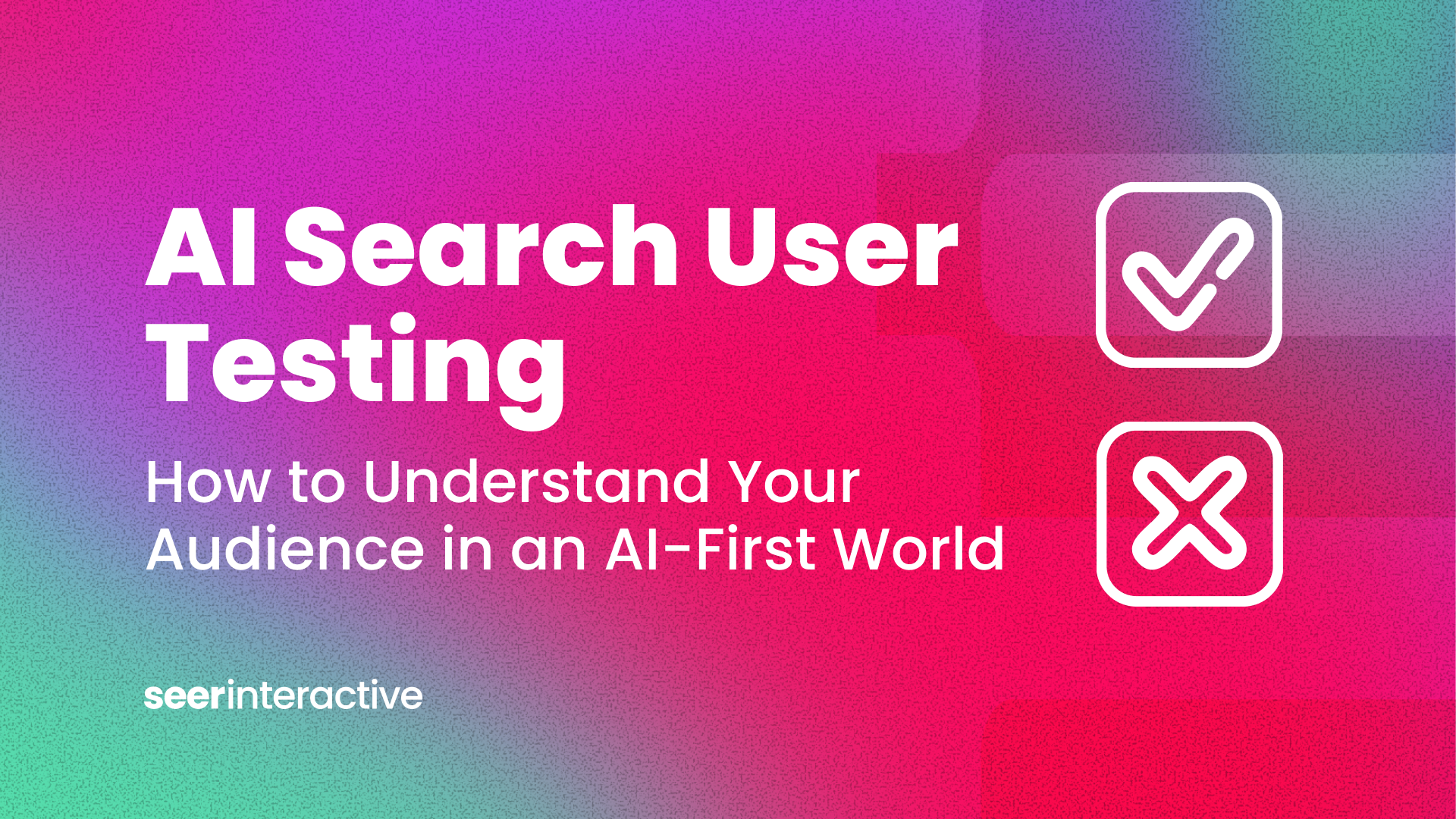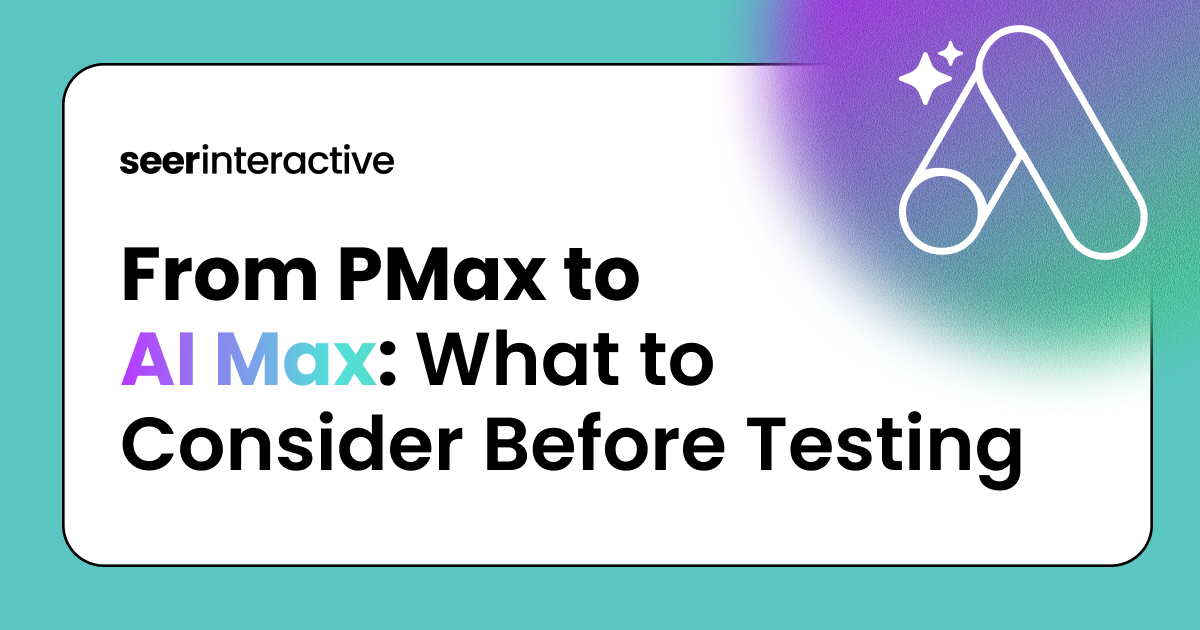AI continues to drive significant change in the search marketing. While Google has long been the primary focus for SEOs, new advancements and releases from competitors like Bing are changing the game. Once considered the forgotten younger sibling in the search engine family, Bing has now become a platform worth optimizing for, especially with the integration of Bing AI.
Bing has invested a lot into their tools, potentially leading to increased adoptions and usage as a primary search engine. This shift highlights Bing's growing importance in search. Who would have guessed we’d end up here?
Bing AI’s Capabilities
AI has driven so much change in the search industry that it can be difficult to keep up. Bing, in particular, has made several updates that may have flown under the radar.
Need a refresher? Here’s a closer look at the key updates and changes to Bing over the past year:
- February 2023 | Launch of AI-Powered Bing: AI-powered Bing, including Bing Chat, launched with enhanced answers and more refined search results, using AI to understand and respond to complex queries.
- September 2023 | Personalized Answers: Bing Chat gained the ability to use a user’s search and chat history to deliver more personalized and relevant answers.
- November 2023 | Generative AI Captions: Bing introduced AI-driven snippets that help users quickly understand a page’s content. These captions offer summaries that provide an overview of the page, helping users grasp the relevance of search results faster.
- December 2023 | Integration with Microsoft Copilot: The integration with Microsoft Copilot transformed Bing from a search engine to a multifunctional tool. This integration allows users to perform tasks such as content generation, data analysis, and image generation, directly within the Bing interface, supported by the Microsoft Suite of tools.
- December 2023 | Deep Search with GPT-4: Bing’s Deep Search, powered by GPT-4, takes a deeper dive into user intent. This feature refines searches and uncovers results that you wouldn’t typically find on page 1, delivering the answers users are truly looking for.
- July 2024 | Generative Search and AI Summaries: Similar to Google’s Search Generative Experience, Bing’s Generative Search creates detailed and relevant responses directly in the search results.
These features are designed to personalize search results, improve contextual understanding, and positively impact click-through rates and user engagement.
Why Should You Focus on Bing AI?
Focusing on Bing for optimization offers several advantages, such as opportunities for SEOs to test AI features and refine strategies. Bing is continuing to improve its ability to target long-tail queries and natural language searches, which are increasingly important in today’s world.
Additionally, as part of the Microsoft ecosystem, Bing integrates seamlessly with tools like Office and Windows, making it a compelling option for users in these environments. This integration opens up new opportunities to optimize across different platforms and use cases.
Best Practices for Optimizing for Bing AI Search
Want to shift your efforts toward Bing but don’t know where to start? Here are some guidelines on how to improve visibility and create content that aligns with Bing’s recent updates:
Benchmark and Monitor Traffic from Bing
With the introduction of features like Copilot and Personalize Answers, more users may start engaging with Bing. Keep a close eye on your traffic coming from Bing, especially as AI features and integrations with Copilot are driving more users to the platform. Regularly monitoring performance can help you catch any increases or shifts early on. You don’t want to be caught behind if Bing starts to drive significant traffic or if there’s a notable change in user behavior.
Set Up Bing Webmaster Tools
Bing Webmaster Tools provides insights into how Bing crawls and indexes your site, as well as useful information about your site’s search performance. Using these tools allows you to track performance and optimization opportunities for AI-powered search.
Focus on Conversational and Question-Based Queries
Bing’s Generative Search and Bing Chat rely heavily on understanding natural language and user intent. To align with these AI-driven features, it’s important to optimize for conversational, long-tail queries. Think about how users naturally ask questions and tailor your content to answer and match these patterns.
Leverage Structured Data and Schema Markup
With Deep Search and Generative AI Captions, Bing AI is designed to dive deeper into content to extract summaries and key information. Implementing structured data improves Bing’s ability to understand your content, enabling it to appear in rich results and AI-generated snippets. This can increase visibility and drive more traffic.
Improve Content Quality and Relevance
No surprises here—Bing’s AI features, like Generative Search, emphasize accurate and contextually relevant information. Ensuring that your content is comprehensive, up-to-date, and aligned with user intent will increase its chances of being featured in these AI-powered search results.
Maximizing Bing AI’s Potential
Bing’s advancements in AI-powered search make it increasingly important for SEOs to optimize accordingly. By monitoring performance, optimizing for conversational queries, and building quality content, you’re positioned to take full advantage of Bing’s new features and capabilities.
Looking for additional ways to remain competitive in an increasingly shifting AI-focused world of search? Read our other AI blogs.


